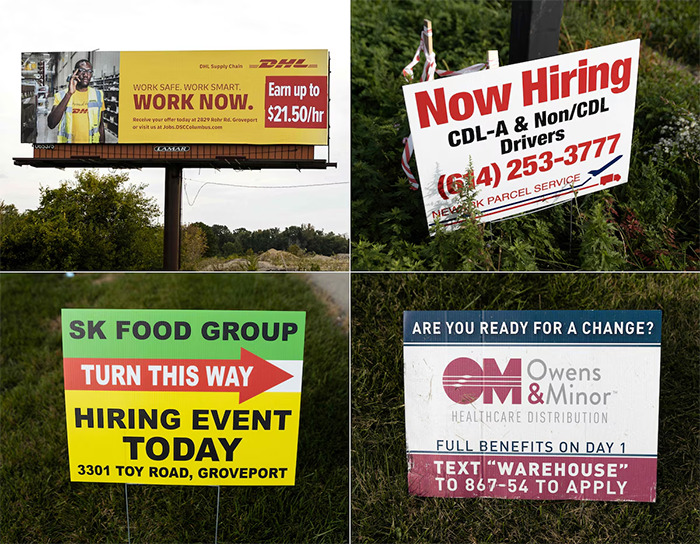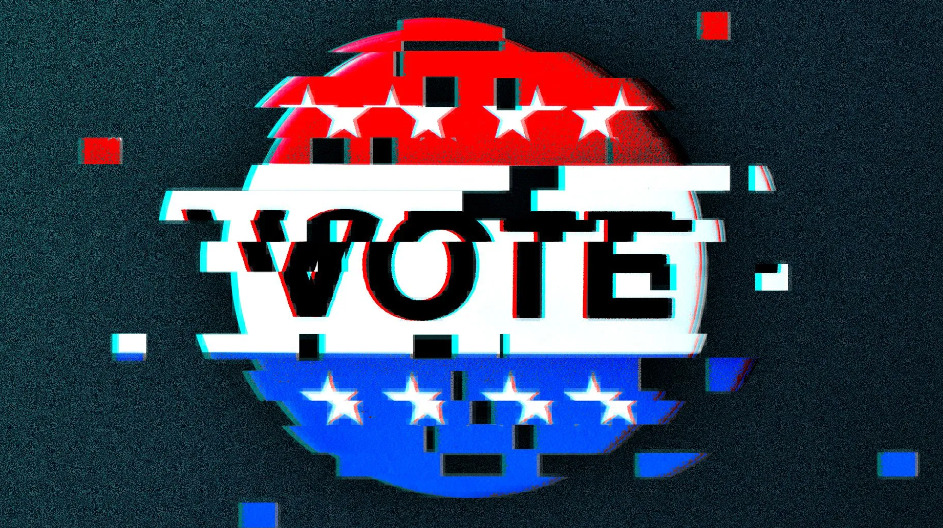
One reason so many are quitting: We want control over our lives again
The pandemic, and the challenges of balancing life and work during it, have stripped us of agency. Resigning is one way of regaining a sense…
Thought Leader: Amy Cuddy

Meta announced the launch of a Superintelligence Team, kicking off a ruthless talent hunt. Astronomical signing bonuses, more akin to sports contracts than computer science, suddenly appeared. Matt Deitke, a 24-year-old AI researcher, reportedly turned down a $125 million offer, only to see Meta’s CEO Mark Zuckerberg personally double it to $250 million. A new age has begun, where computer scientists have become the world’s superstars
The valuations tell their own story. The AI company Anthropic raised $13 billion and, within a few months, leapt to a valuation of $183 billion. Pioneer OpenAI was valued at $500 billion on secondary markets, despite burning $8 billion this year and projecting another $125 cash burn through 2029. Nvidia, the chipmaker powering much of the AI boom, hit a $4 trillion valuation this summer, the first company ever to reach that milestone. Amazon Web Services plans to pour $100 billion into data centers this year alone, an eye-watering $2 billion a week.And let’s not forget about that surreal White House tech dinner, hosted by President Donald Trump, with Zuckerberg, Pichai, Nadella, Cook, Altman, Gates, and other Big Tech superleaders gathered around a very long table to pledge allegiance to Donald Trump and the United States. It was a symbolic marriage of big tech and politics, trading promises of investment and jobs. The contrast with legal reality was striking. Google, convicted of maintaining an illegal monopoly in search, walked away with little more than a slap on the wrist. No serious sanctions nor structural reform. If anything, it showed that big tech’s grip on Washington is stronger than ever.
I lived through the dot-com bubble, but what’s happening now is unfolding faster and with far larger sums. The biggest difference is that this time there’s real revenue. OpenAI is estimated to bring in $10 billion, Anthropic around $5 billion. There are real customers and serious income. That makes the story more credible, but also more unsettling.But there was also a reality check: an MIT report recently found that 95% of corporate AI projects fail. The reason? Most firms treat AI like a plug-and-play productivity tool, without strategy or integration. You can’t just roll out Copilot and expect instant gains. AI is complex, and so are organizations. Hope is not a strategy. Not in artificial intelligence, either.Meanwhile, Europe is moving in slow motion. Yes, there are bright spots: Paris-based Mistral raised €2 billion at a €13 billion valuation, backed by Dutch giant ASML. Impressive by European standards, but pocket change compared to Anthropic’s funding rounds. China, by contrast, is moving at breakneck speed. I spent part of the summer there and saw firsthand how determined the country is to make AI a strategic pillar. While Europe vacations in August, China keeps building.
What can we learn from this wild summer? AI is no longer just hype and promises. There is real revenue, infrastructure, and adoption. At the same time, the volatility is staggering: OpenAI is burning billions, Meta is paying absurd sums for talent, and Anthropic is scaling at an unsustainable pace.But while the U.S. doubles down on scale and China accelerates, Europe risks losing momentum. Mistral is a glimmer of hope, but far too small. Meanwhile, the hot autumn of AI is still to come: more infrastructure battles, more geopolitical clashes, more consolidation. Europe needs to accelerate now, with research, infrastructure, and investment. It’s five minutes to midnight.This wild summer made one thing crystal clear: artificial intelligence is no longer about the future. It is here, now. And those who fail to act today won’t be part of tomorrow.
Peter Hinssen is a globally recognized innovation strategist who helps leaders and organizations thrive in times of disruption. As a bestselling author and LinkedIn Top Voice, he brings sharp insights on technology, leadership, and the “Never Normal” future of business. Drawing from his experience as a serial entrepreneur and trusted advisor to top companies worldwide, Peter’s keynotes are dynamic, credible, and inspiring—making him a go-to speaker for audiences seeking clarity and direction in a rapidly changing world. To bring him to your next event, contact WWSG.
One reason so many are quitting: We want control over our lives again
The pandemic, and the challenges of balancing life and work during it, have stripped us of agency. Resigning is one way of regaining a sense…
Thought Leader: Amy Cuddy
Scott Gottlieb: How well can AI chatbots mimic doctors in a treatment setting?
This is an Op-ed by WWSG exclusive thought leader, Dr. Scott Gottlieb. Many consumers and medical providers are turning to chatbots, powered by large language…
Thought Leader: Scott Gottlieb
Sara Fischer: The AI-generated disinformation dystopia that wasn’t
This piece is by WWSG exclusive thought leader, Sara Fischer. Amid the craziest news cycle in recent memory, AI-generated deepfakes have yet to become the huge truth…
Thought Leader: Sara Fischer

